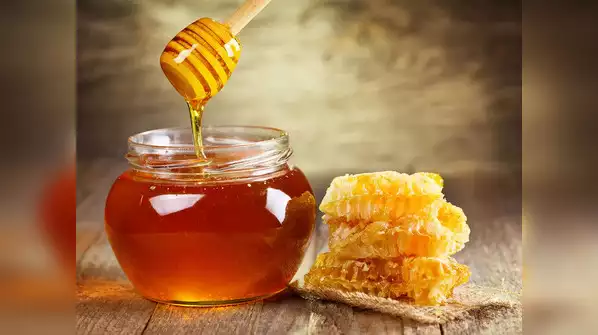Hawaii's pristine landscapes and rich biodiversity make it an ideal location for sustainable beekeeping. This practice not only supports the local economy but also plays a crucial role in maintaining the delicate ecological balance of the islands. In this article, we delve into the world of sustainable beekeeping in Hawaii, exploring its benefits, challenges, and future prospects.
The Importance of Sustainable Beekeeping in Hawaii
Bees are vital pollinators, essential for the health of ecosystems worldwide. In Hawaii, they contribute significantly to the pollination of native plants and agricultural crops. Sustainable beekeeping ensures that these invaluable insects can thrive without disrupting the natural environment.
Environmental Benefits
- Biodiversity Preservation: By focusing on sustainable practices, beekeepers help maintain the diverse plant species that are native to the Hawaiian Islands.
- Ecosystem Balance: Bees play a crucial role in pollinating over 75% of flowering plants. Their presence supports the growth of local flora, which in turn sustains various wildlife species.
- Reduced Chemical Use: Sustainable beekeeping minimizes the need for pesticides and herbicides, promoting a cleaner and healthier environment.
Economic Advantages
- Boosting Local Economy: Honey production and bee-related products provide income for local communities.
- Tourism and Education: Beekeeping tours and educational programs attract tourists and raise awareness about the importance of bees, fostering a greater appreciation for Hawaii’s natural resources.
Challenges Facing Sustainable Beekeeping in Hawaii
While the benefits are clear, sustainable beekeeping in Hawaii faces several challenges that require attention and innovative solutions.
Invasive Species
Hawaii's unique location makes it vulnerable to invasive species that threaten both native bees and the plants they pollinate. Beekeepers must remain vigilant and implement strategies to protect their hives from these intruders.
Climate Change
Shifts in weather patterns can affect floral availability and bee health. Sustainable practices must adapt to changing conditions to ensure that bee populations remain robust and productive.
Varroa Mites and Disease
Varroa mites are a significant threat to bee colonies, causing disease and colony collapse. Sustainable beekeeping emphasizes natural methods of mite control to protect bee health without relying on harmful chemicals.
Innovations in Sustainable Beekeeping
To overcome these challenges, Hawaiian beekeepers are turning to innovative techniques and technologies that promote sustainability.
Natural Beekeeping Methods
- Top-Bar Hives: These hives mimic natural bee behavior and encourage healthier colonies by allowing bees to build combs naturally.
- Integrated Pest Management (IPM): IPM techniques use biological controls and habitat management to reduce pest impact without chemicals.
Technology and Research
- Remote Monitoring: Advanced sensors and software allow beekeepers to monitor hive conditions remotely, optimizing management practices and improving bee health.
- Genetic Research: Scientists are working to develop mite-resistant bee strains that can withstand environmental pressures without compromising pollination effectiveness.
Getting Involved in Sustainable Beekeeping
Whether you're a local resident or a visitor, there are numerous ways you can support sustainable beekeeping in Hawaii.
Support Local Beekeepers
- Purchase locally-produced honey and bee products to contribute to the local economy and encourage sustainable practices.
- Attend workshops and events that promote awareness and education about bees and their importance.
Advocate for Policy Changes
- Encourage policymakers to implement regulations that protect bees and promote sustainable agricultural practices.
- Support initiatives that aim to control invasive species and protect natural habitats.
The Future of Sustainable Beekeeping in Hawaii
As awareness of environmental issues grows, so too does the potential for sustainable beekeeping in Hawaii. By prioritizing the health of bee populations and the ecosystems they support, Hawaii can continue to thrive as a model for sustainable agricultural practices.
In conclusion, sustainable beekeeping in Hawaii is more than just a method of honey production. It is a commitment to preserving the island's unique environment and securing a future where humans and nature can coexist harmoniously. Whether you’re a local or a visitor, you can play a role in this vital effort. Embrace the sweetness of sustainable beekeeping and contribute to a healthier planet.
Call to Action: Join the movement towards a more sustainable future. Support local beekeepers, advocate for bee-friendly practices, and educate yourself about the importance of bees. Your actions can make a significant difference in preserving Hawaii’s natural beauty for generations to come.
